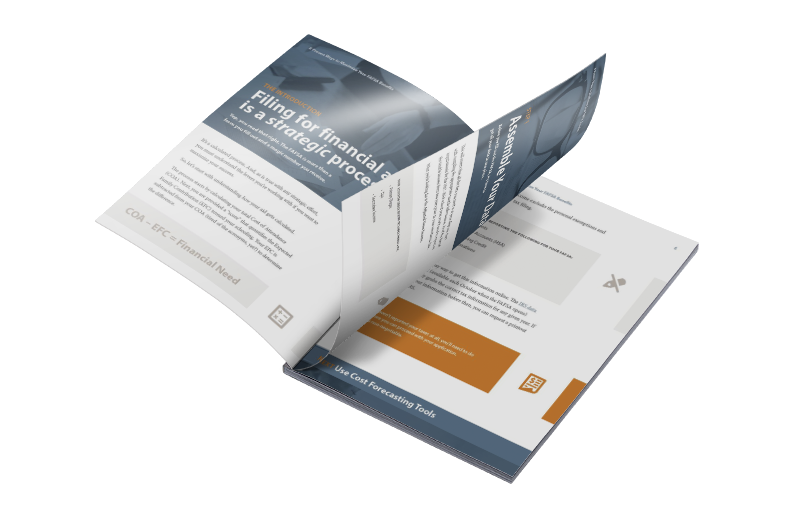Request Information
We're Sorry
There was an unexpected error with the form (your web browser was unable to retrieve some required data from our servers). This kind of error may occur if you have temporarily lost your internet connection. If you're able to verify that your internet connection is stable and the error persists, the Franklin University Help Desk is available to assist you at helpdesk@franklin.edu, 614.947.6682 (local), or 1.866.435.7006 (toll free).
Just a moment while we process your submission.

How to Successfully Return to College as an Adult
Adult learner, adult student, re-entry student or non-traditional student. Whatever the name, the outcome’s the same: You’re returning to college as an adult. Here’s how to make your comeback a success.
- Vary your classes. Choose classes that require different demands on your time. Balancing an intense subject with something easier and more enjoyable will reduce stress levels and workload.
- Stick to a schedule. No doubt the addition of classes and homework will add to an already full plate of responsibilities. Schedule short bursts of time every day for reading, research and assignments. Keep up with your planned schedule so you won’t have to endure a late-night cram session or play catch-up on the weekend.
- Be early. Do everything early, from getting up in the morning to finishing your assignments well before they’re due. This small habit helps build a cushion into your day so that when the unexpected and unwanted happens (as it always does), you’ll be able to deal with it—sans meltdown.
- Create a “Plan B.”Having a backup plan in all areas of your life will save headaches and hassle during crunch time. Freeze a few meals, pick a study buddy or store your assignments “in the cloud.” Figure out where things could go south, and then implement a plan of action before it does.
- Develop good study habits. Figure out how you learn. Use technology, notebooks, recording devices, memorization, flash cards or anything else that works for you. Just make sure you understand the material thoroughly from the start and you won’t have to scramble to re-learn what you’ve already invested time in.
- Ask for help. Reach out to instructors, other students, friends, family and coworkers for encouragement, support and all kinds of assistance. Delegate responsibility at home and on the job wherever possible to free up time and energy for school. Check for understanding, ask questions and seek counsel as needed so you’re not left feeling confused, frustrated or alone.
- Enjoy being a student. As an adult student, your return to college may be non-traditional—but that shouldn’t negate your ability to delight in campus life. At every age, college is an opportunity to learn new things, meet new people and experience new adventures. Seize the opportunity by immersing yourself fully into the experience.





